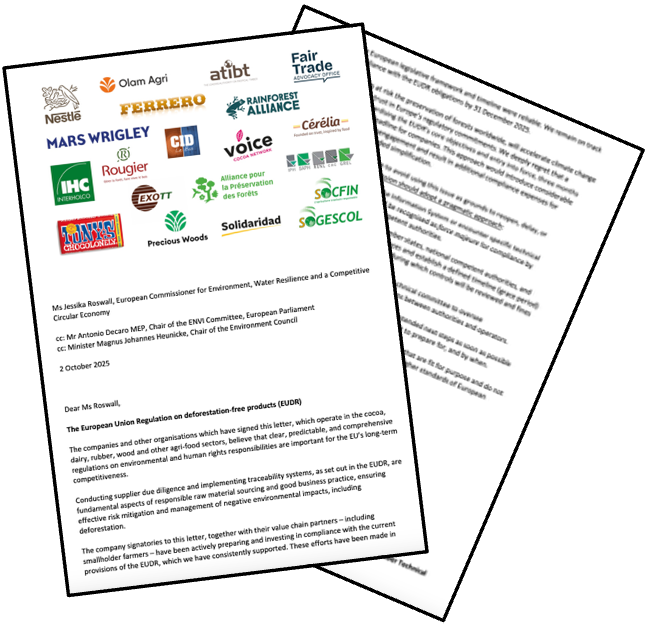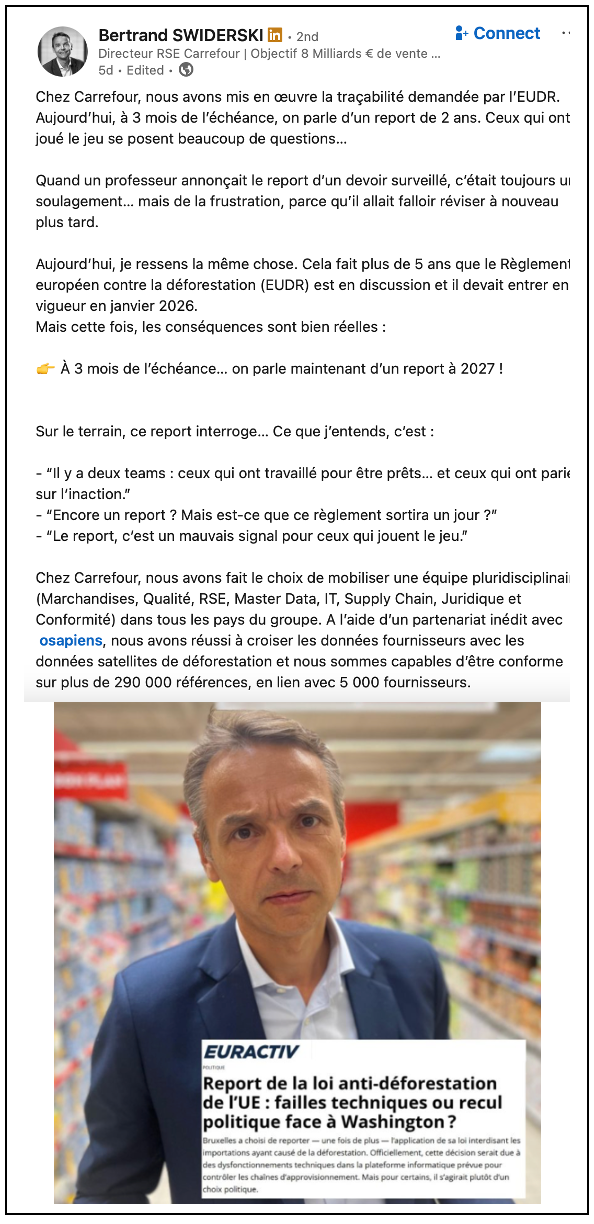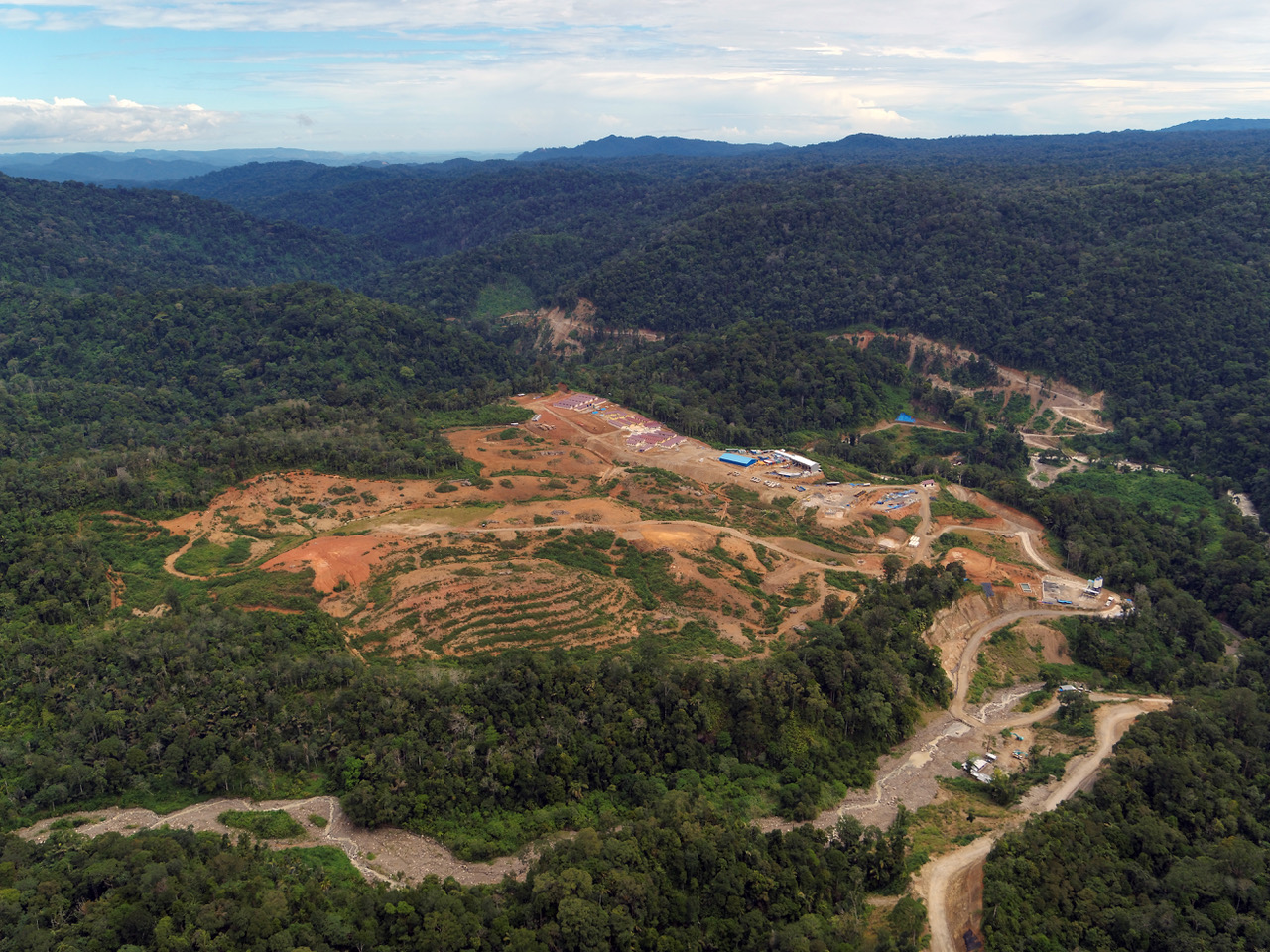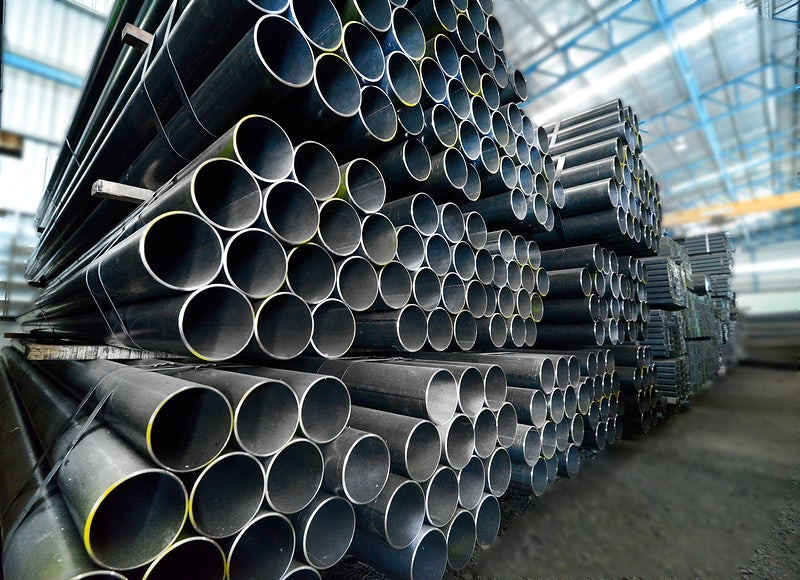
No More Excuses: Companies Are Ready for the EUDR
Across Europe and West Africa, cocoa companies and governments have poured millions into traceability, farmer mapping, and supply chain reform. Their message to Brussels is clear: Europe must keep its word. Don’t move the goalposts.
Companies, producer governments, and consumers alike are calling for the timely implementation of the European Union Deforestation Regulation (EUDR). Millions of euros, hectares of forest, and farmer livelihoods are at stake.
In recent weeks, major cocoa players — Mars Wrigley, Ferrero, Nestlé, Olam Agri, and Tony’s Chocolonely — have all publicly opposed any delay or weakening of the law. 
In Côte d’Ivoire and Ghana, the world’s largest cocoa producing countries, governments have built national traceability systems and mapped millions of farms. Farmers are being registered, issued ID cards, and linked to land titles — concrete proof of readiness.
Last year, the head of the Ivorian Conseil du Cacao et Café (CCC), Yves Brahima Kone, in Côte d’Ivoire said “The distribution of cards is going very well, we have (handed out) over 700,000 cards. By October, (all) planters will have received their cards. We will be ready”.
In March of this year, Dr Randy Abbey, the head of the Ghana’s Cocoa Board (CocoBod), shared their investment plan of “$1.2 billion over five years to combat these issues, including mapping and rehabilitating farms. He also confirmed that its cocoa farmers are ready for the forthcoming EUDR regulations.”
Yet behind the figures and policy statements are the farmers themselves – those who have already begun adapting their practices, investing time and scarce resources, and trusting in the EU’s commitment to fair and sustainable trade. For many, the EUDR represents not just a regulation, but a promise of recognition and accountability after years of effort. The possibility of delay now feels like a betrayal of that promise. Ghanaian cocoa farmer Leticia Yankey expressed this frustration clearly:
“We, as farmers have seen that the [EUDR] is going to help us – it has even started helping us. Our regulator (Cocobod) has taken a lot of initiatives to put the EUDR in place. They’ve spent a lot of farmer’s money […] They’ve spent a lot of farmers’ money, farmers’ resources […] Now there is a sudden change of mind […] How consistent is the EU? And how are we going to be taken seriously the next time we move to our communities, our farmers, and even the LBC’s […]? For the EU to go back, don’t you think that it’s going to have negative repercussions on the farmers and the government and on our resources? Are you going to compensate the farmers?”
In Côte d’Ivoire, farmers, farmer organisations and civil society have reaffirmed their commitment and readiness. In a recent letter to Mondelez, 36 Ivorian civil society organisations warned:
“postponement would only worsen problems that are already at their peak. Côte d’Ivoire, the world’s leading cocoa producer, has lost over 80% of its forests. Ghana, the second producer, is not far from this critical situation. Delaying the enforcement of the EUDR would only prolong environmental and social harm.”
And it’s not just cocoa. Companies across the cocoa, coffee, rubber, dairy, wood, and palm sectors have jointly urged the European Commission to “avoid using this issue as grounds to reopen, delay, or change the EUDR.”
The Regulation aims to ensure products sold in the EU are deforestation-free, covering cocoa, coffee, soy, palm oil, cattle, wood, and rubber. A recent study warned that without strong intervention, EU demand for these commodities could drive up to 8 million hectares of deforestation by 2030. After already losing one vital year — with implementation pushed from 2024 to 2025 — the Commission is now considering another delay, citing ‘IT issues’, meanwhile pumping millions of euros into AI innovations elsewhere. Postponement risks vast forest areas and undermines the credibility of the EU’s climate commitments, as well as the investments companies and farmers have already made.
Public support is clear: three in four Europeans (75%) want binding rules to hold companies accountable for deforestation and human rights impacts. The EUDR is a world-leading law — a chance for Europe to match its climate rhetoric with action.
Chocolate giant Nestlé cautions that further delay “jeopardizes the efforts and investments of all committed supply chain partners and undermines trust in Europe’s regulatory commitments”.
This frustration was echoed by Carrefour – Europe’s fourth largest supermarket retailer:
“So yes, we are ready — and we’re certainly not the only ones!Companies have mobilized, invested, and structured their supply chains, so this regulation must be applied as a standard — otherwise, inaction wins.” (Translation from French)
Rewarding laggards and delaying implementation creates legal uncertainty and competitive disadvantages for companies that acted early and in good faith.
Full and timely enforcement of the EUDR will:
- Create a level playing field for all EU importers;
- Strengthen trust between companies, farmers, and regulators;
- Preserve Europe’s credibility as a global climate leader.
Cocoa companies are ready. Farmers are ready. Europe must lead — the world’s forests, on which we all depend, can’t wait.




